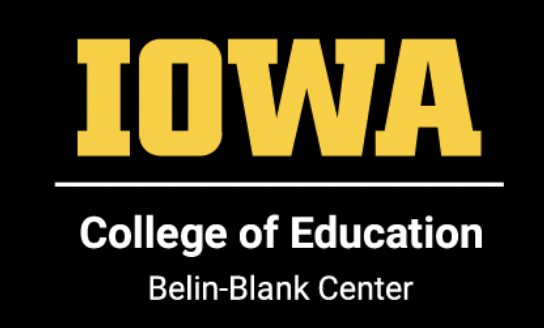
Dr. Cheyenne Lei was awarded for the second year in a row the University of Iowa Blank Summer Institute for the Arts & Sciences Award within the College of Education to teach "Application of Meteorology in Field Ecology" Summer 2026 as an Adjunct Instructor.
November 25th, 2025

Dr. Cheyenne Lei will be teaching SEES 2050 - Foundations of Geographic Information Systems as an Adjunct Assistant Professor within the School of Earth, Environment and Sustainability this upcoming Spring 2026.
This course is one of the largest offered, consisting of 90 students and 4 labratory sections.
October 1, 2025

Dr. Cheyenne Lei was awarded the University of Iowa Blank Summer Institute for the Arts & Sciences Award within the College of Education to teach the course titled "Application of Meteorology in Field Ecology".
April 1st, 2025
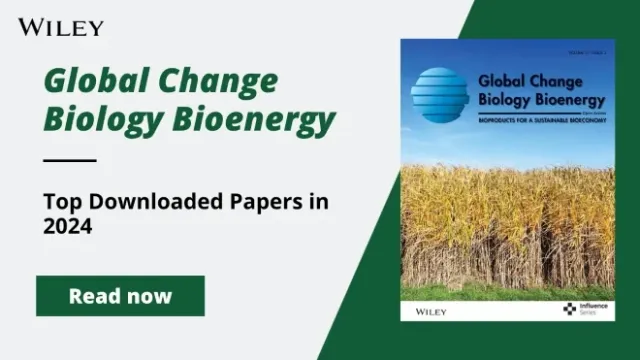
Recently published article titled "Climate cooling benefits of cellulosic bioenergy crops from elevated albedo" is one of the journal's most-cited papers published in 2023-24!
March 10th, 2025

Highlighting a spotlight on a previous student mentored: Congratulations to Ezequiel Mussambe, who is currently a GIS developer and analyst for Hydrosimulatics!
Credit: MSU Department of Geography, Environment, and Spatial Sciences.
Febrary 19th, 2025
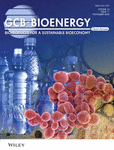
We place these net ecosystem carbon balance forcings in the context of associated radiative forcings from changes to soil N2O and CH4 fluxes, land surface albedo, embedded fossil fuel use, and geologically stored carbon. Results agree that establishing perennials such as switchgrass or mixed prairie on former cropland resulted in a net negative radiative forcing.
Febrary 7th, 2025
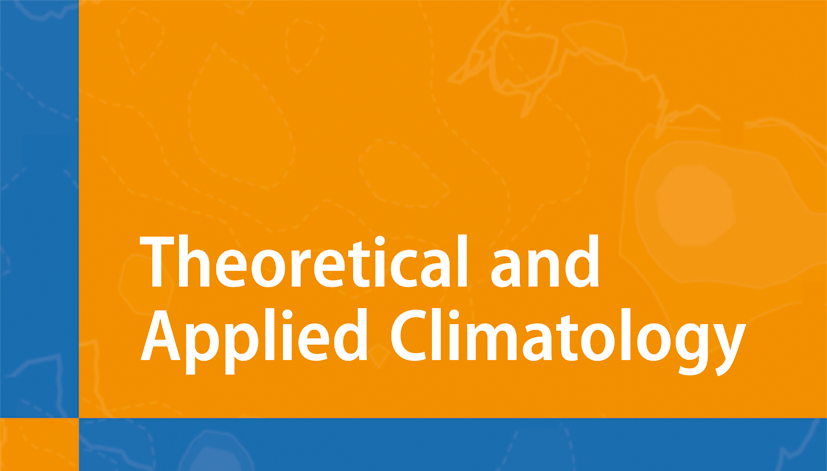
Effective urban redevelopment guidelines can adopt surface energy partitioning to decrease the urban heat island effect and reach sustainability targets to counteract increased temperatures from climate change.
August 14th, 2024
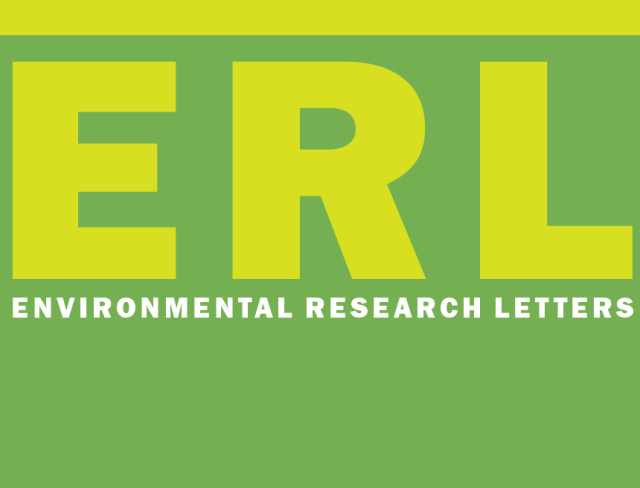
We present the physical foundation for modeling albedo-induced RF and the consequent global warming impact (GWIΔα), and highlighted the shortcomings of available current databases and methodologies for calculating GWIΔα at multiple temporal scales.
August 7th, 2024

Measurements of surface reflectivity during five growing seasons on corn-soybean–winter wheat rotations at three agronomic intensities, perennial switchgrass, early successional and restored prairie grasslands found crop-species, agronomic intensity, seasonality, and plant phenology had significant effects on albedo.
July 19th, 2024

Students exploring the W.K. Kellogg Biological Station during MMSS Summer 2024
Students taking Dr. Lei's course Introduction to Ecological & Micrometeorlogical Instrumentation were treated to a tour of the Kellogg Biological Station to further explore greenhouses, gather research data and observe climataological towers.
July 3rd, 2024
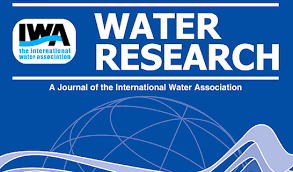
Gaining insight into the impact of reservoir regulation on algal blooms is essential for comprehending the dynamic changes and response mechanisms in a reservoir ecosystem. We explored the effects of reservoir regulation on the extinction of cyanobacterial blooms, to underline the potential for employing hydrodynamic management as a viable strategy to mitigate the adverse ecological impacts of algal blooms.
May 24th, 2024

Dr. Cheyenne Lei was awarded the University of Michigan Michigan Math and Science Scholars Faculty Award within the College of Literature, Science & Arts to teach a newly constructed course titled "An Introduction to Ecological & Micrometeorlogical Instrumentation".
November 15, 2023
The College of Arts and Sciences at WMU is proud to announce Dr. Cheyenne Lei as one of the 2023 Alumni Achievement Award winners and to celebrate the outstanding contributions made by influential alumni.
October 13, 2023
Direct field measurements of surface albedo over monthly, seasonal, and annual periods for six candidate bioenergy crops, a reference maize crop, and a reference forest estimate the magnitudes and temporal changes of albedo in different cellulosic bioenergy crops over a 3-year period.
September 23, 2023
Summer 2023 Lei's Lab intern Renae Kenny presented her research titled "Investigation of albedo through varying degrees of tillage and fertilization in order to reflect on their effects on warming or cooling based on radiative forcing" at the KBS LTER REU Symposium this July. Congrats!
July 26, 2023
Dr. Cheyenne Lei, research fellow with the Institute of Global Change Biology at the University of Michigan, speaks after receiving the Great Lakes Bioenergy Research Center's 2023 Jennifer L. Reed Bioenergy Science Award during GLBRC's Annual Science Meeting
May 18, 2023
The Jennifer L. Reed Bioenergy Science Award is given annually to an early career woman who has made significant contributions to the Great Lakes Bioenergy Research Center research portfolio.
May 17, 2023
Cheyenne Lei, Great Lakes Bioenergy researcher, shares how her path as an international student-athlete combined with her passion for field research and mentorship led her to a Ph.D. in geography at Michigan State University.
May 12, 2023
Dr. Cheyenne Lei speaks at the Battle Creek Math & Science Center Symposium to high school students "Understanding Albedo: What is it? How can it affect climate change?"
March 1, 2023
Scientists at the Department of Energy-funded Great Lakes Bioenergy Research Center are finding ways to develop clean energy systems that benefit society and the environment, from diverse ecosystems to healthy waterways, soil, and air.
September 21, 2021
Higher surface reflectivity of switchgrass and other bioenergy crops can help offset the climate impact associated with converting grassland to bioenergy crops.
October 01, 2021
Cheyenne Lei discusses albedo, including interactions between solar radiation and the makeup of our agricultural landscapes.
June 28, 2021














